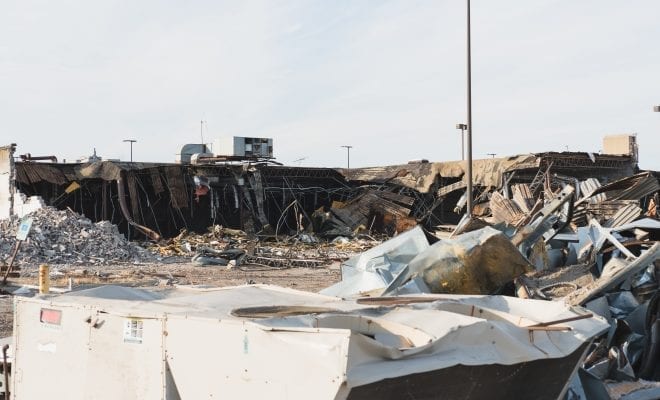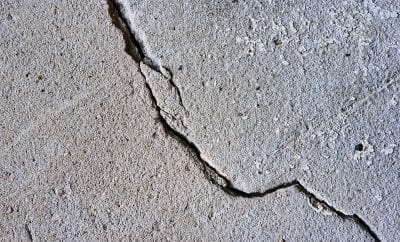
News
How To Stay Safe During an Earthquake
With the recent 6.4 and 7.1 magnitude earthquake hitting California last weekend, it may be a good time to discuss the necessary steps to ensure you and your loved stay safe during an earthquake. The quakes were the largest to strike California in 20 years according to officials, and while reports of damage were not extensive, it has served as a prescient reminder to residents that it’s important to be prepared if a quake ever hits closer to home.
According to the Department of Earthquake Country Alliance, Homeland Security, and the Red Cross, here are the necessary steps you need to do before, during, and after an earthquake.

Before
Have a plan ready that can be executed the minute an earthquake hits. This involves identifying safe spots within your home you can go to wait out the shaking. Be sure to stay away from windows and overhead objects that could fall down.
Secure any at-risk objects from falling in the event of an earthquake. This means tying down any televisions or shelves and be sure to keep fragile objects off high-up places so they don’t break and cause damage if they fall.
Make a kit that holds all the essentials in case you don’t have access to get new supplies after an earthquake. At its minimum, it should include a first-aid kit, a flashlight, a multi-purpose tool, and food and water that will last for 72 hours.
Pick a meetup spot in the event that you or a member of your family is lost during an earthquake. This location should a safe area that would be clear of debris and severe damage.
During
Once you feel shaking occurring, you need to drop down, take cover under something solid, and hold on. Avoiding moving at all, and if the quake is severe, be sure anchor yourself to something you know won’t move.
Don’t move from where you are. You never know when an aftershock might hit, or if a nearby tree or structure is damaged and at risk of collapsing. Once you’ve found your cover stay put until you’re sure it’s safe to come out.
After
If you find yourself in a severely damaged building or area, get out once the aftershocks are over, as falling debris or structural damage could seriously harm you.
If you have access to a phone or TV, closely monitor the news, as local governments will likely issue alerts about emergency services and the extent of the damage.
Expect phone networks to be clogged due to an increase in phone traffic. Adding to the overloaded phone lines will only clog them up further. Instead, try sending a text or instant message.





0 comments